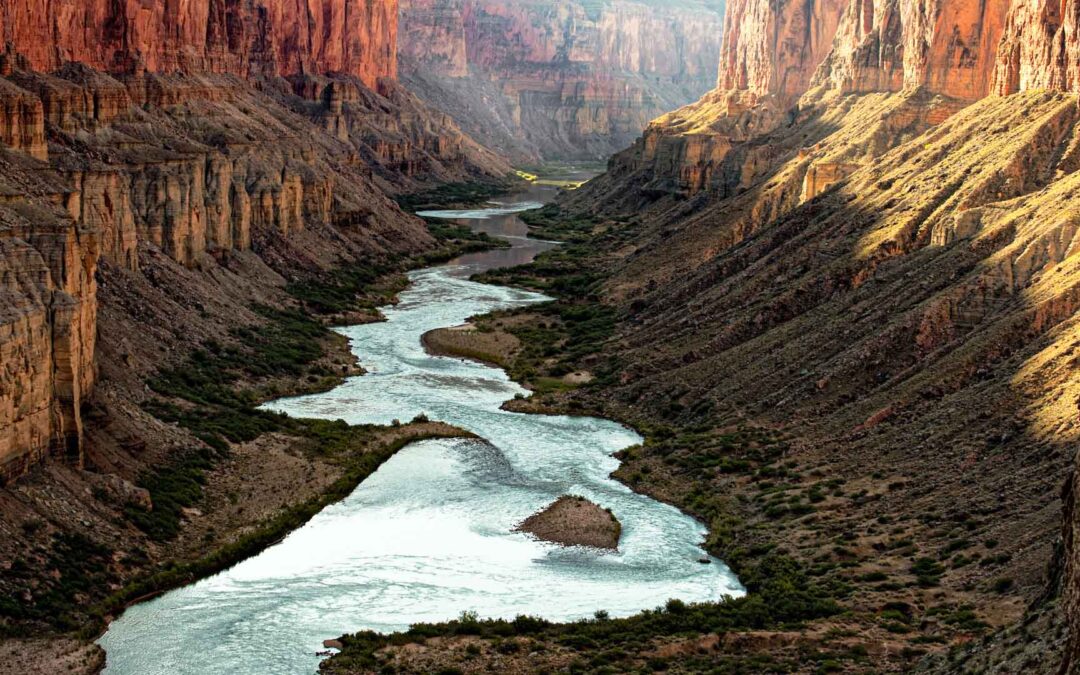
by bartmann | Jul 14, 2025
What do stars, supernovas, and ancient civilizations have in common? The answer lies in the elements that shape our universe—and our lives. This course explores the cosmic origins and earthly significance of eight iconic elements: hydrogen, helium, carbon, oxygen,...
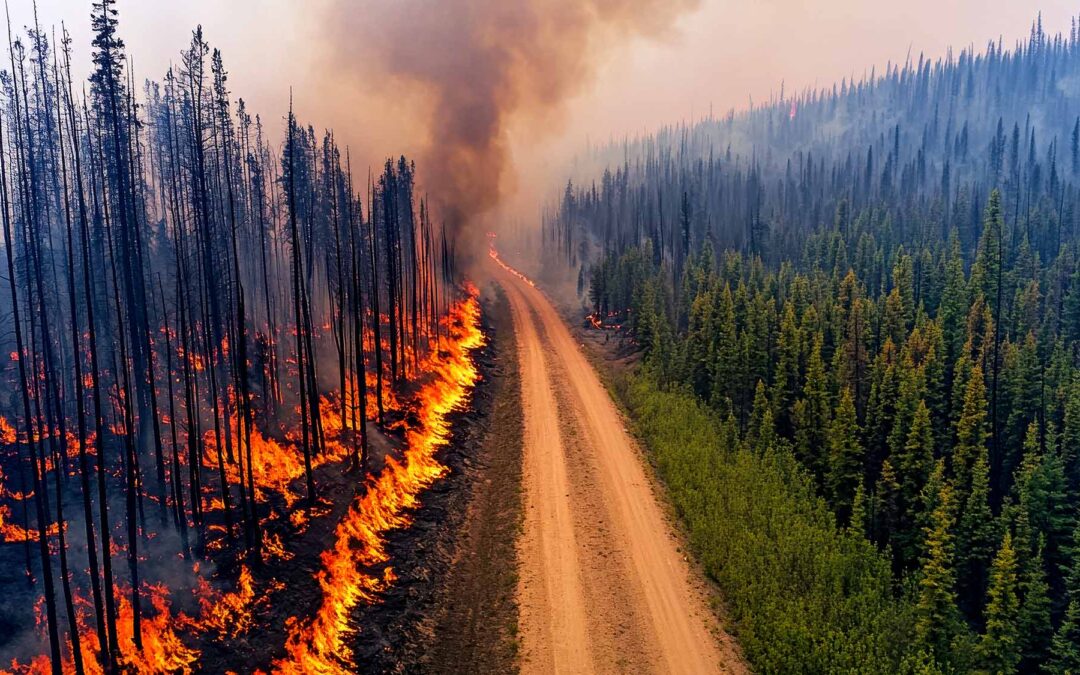
by bartmann | Mar 12, 2025
Forests represent some of the planet’s most vital ecosystems, covering substantial areas and significantly influencing human society and the global economy. However, human activities, especially climate change, are profoundly reshaping forest structures and functions....

by bartmann | Mar 12, 2025
This course will focus on the scientific field of dendrochronology (from dendron=tree and chronos=time), or tree-ring science, and what it can tell us about the past, present and future. We will explore the fascinating history of how the science was developed by a...

by bartmann | Oct 10, 2024
Explore the concept of collective intelligence, where group behavior leads to efficient problem-solving. Discover how natural and engineered systems, like ant colonies, cellular societies, and computer networks, exhibit intelligent behaviors similar to human...

by bartmann | Oct 10, 2024
This course delves into the millennia-old partnership between humans and horses, revealing how it has influenced transportation, sports, and warfare. We’ll explore the evolution and science behind horse movement, highlighting its impact on society. Special...

by bartmann | Apr 4, 2024
Astronomy has seen tremendous progress in the past century. Large telescopes on the ground and in space now give us views of the universe across the electromagnetic spectrum. Powerful computers can handle exponentially increasing volumes of data, and they allow...

by bartmann | Apr 4, 2024
This course is now sold out. Click here to join the course wait list. If space opens up we will contact those on the wait list on a first come, first served basis. Why are humans such a unique species on earth—or are we? We often think our intelligence (or more...
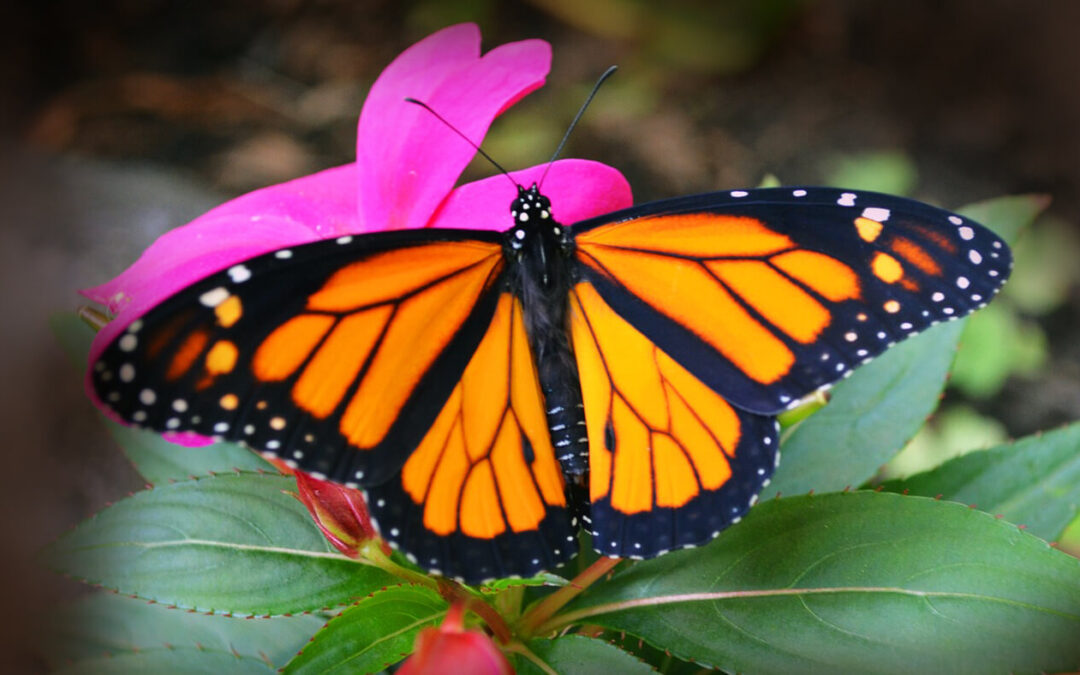
by bartmann | Apr 4, 2024
Please Note: This course will be held in Oro Valley at the Western National Parks Association (12880 N Vistoso Village Dr). The relationship between humans and insects can be antagonistic. Only about 6% of people said that they enjoyed having insects in their yards....
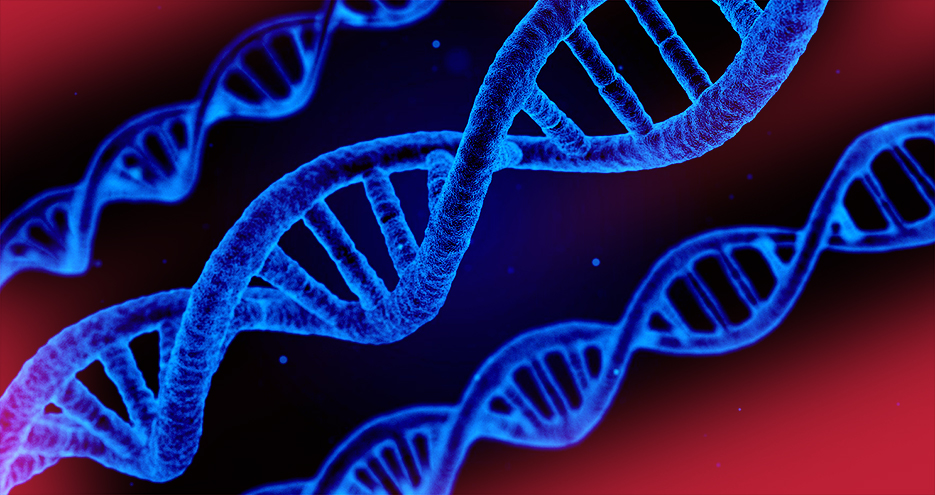
by bartmann | Apr 4, 2024
This course explores why the adage “it is in my DNA” is so true. Our experiences change our very DNA and affect how we react and behave, so that small differences we never noticed make one person at high risk for disease, another not. We will also discuss how...

by bartmann | Apr 4, 2024
Please Note: Summer 2020 Course Registration Opens Online on Monday, May 11th at 8AM Forests represent the predominant ecosystems of the Earth’s land area. They are a critical element in many processes that affect the environment, human society, and our global...

by bartmann | Apr 4, 2024
This course was originally scheduled for Spring 2020 but was postponed due to COVID-19 Have you ever watched in wonder at our gorgeous earth, sea, and sky interacting to provide us with the air we breathe, water we drink, and food we eat? Come hear UA professors of...

by bartmann | Apr 4, 2024
Plants represent an important and extraordinarily diverse group of organisms. Photosynthesis in plants and algae contributes the energy supporting life in nearly all of the Earth’s ecosystems. Oxygen, produced by photosynthesis, has also radically changed the...
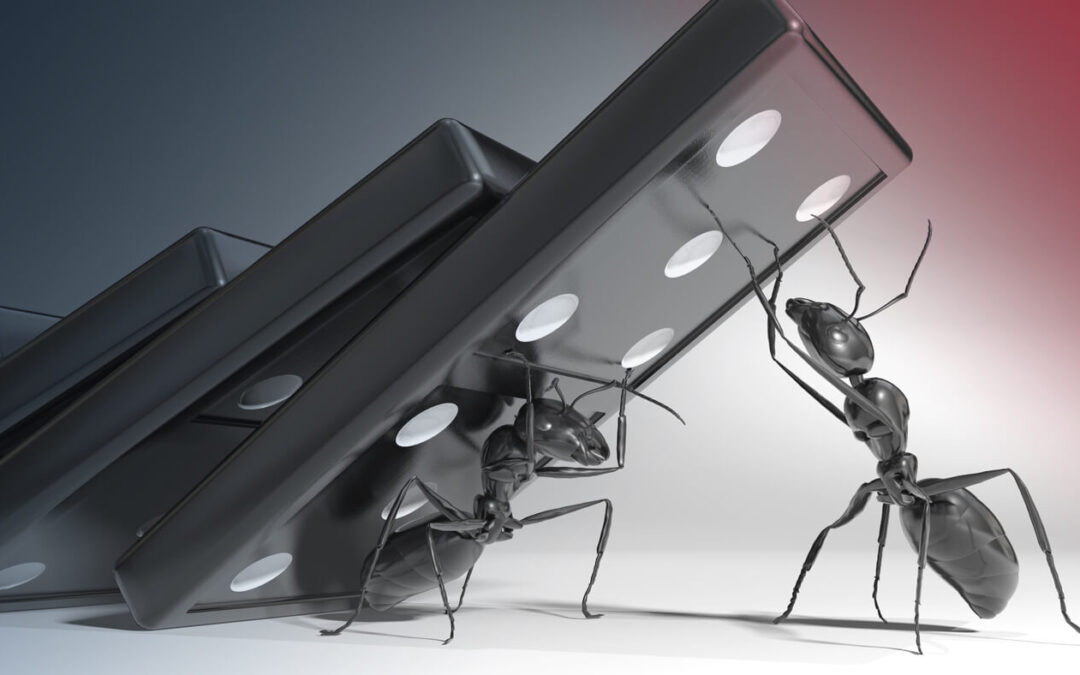
by bartmann | Apr 4, 2024
The brain of an ant is smaller than a pinhead, yet social insect colonies implement effective organization and flexible problem solving at large scales. But their organization is alien to us: no hierarchy or central control(er) guides individual actions. Similar...
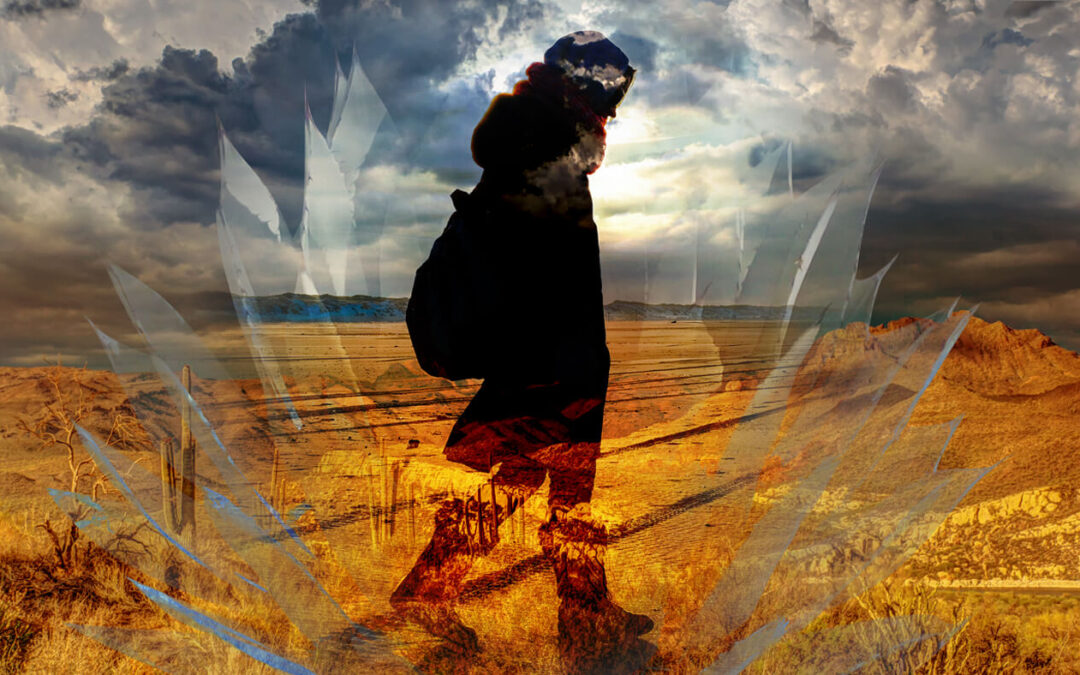
by bartmann | Apr 4, 2024
Attend In Person OR Online! See Below for full details about our new Hybrid courses Arid and semiarid environments, commonly known as “deserts,” make up about one-third of the earth’s land surface and are home to more than one billion people. We will...
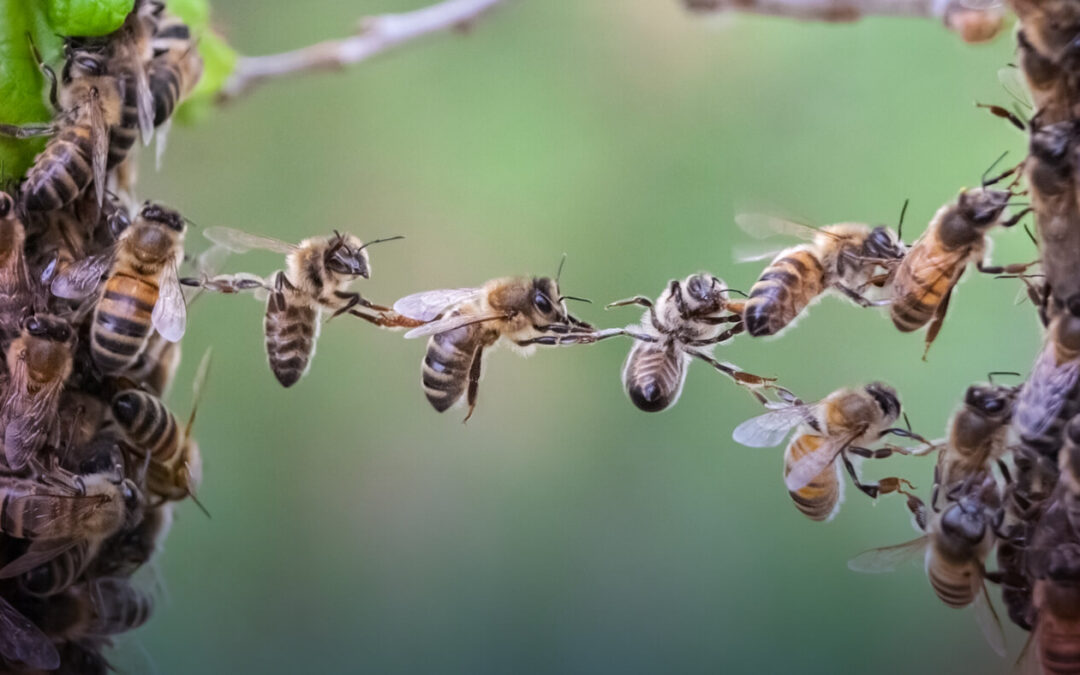
by bartmann | Apr 4, 2024
Attend In Person OR Online! See Below for full details about our new Hybrid courses Birds do it. Bees do it. Microbes do it, and people do it. Throughout nature organisms cooperate with each other. Humans have always been deeply attracted to the idea of...

by bartmann | Apr 4, 2024
Lecture Event – Attend In Person OR Online Population growth and climate change present an immense challenge: How will we feed the Earth’s population, estimated to be 10+ billion by 2050? Farmers currently use 80 percent of available water, but cities and...
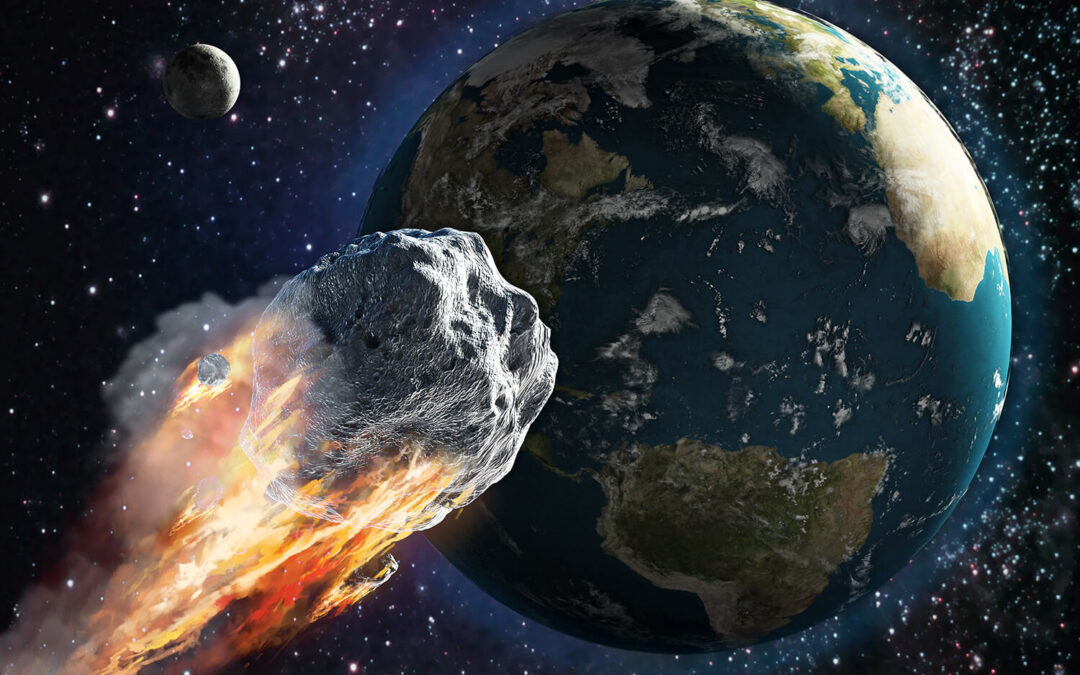
by bartmann | Apr 4, 2024
Lecture Event – Attend In Person OR Online Since the discovery that the impact of an asteroid was the probably cause of the extinction of the dinosaurs, many have wondered whether the same might happen to humanity. This has led to scientific...

by bartmann | Apr 4, 2024
Attend In Person OR Online Astronomy has seen tremendous progress in the past century. Large telescopes on the ground and in space now give us views of the universe across the electromagnetic spectrum. Powerful computers can handle exponentially increasing volumes of...
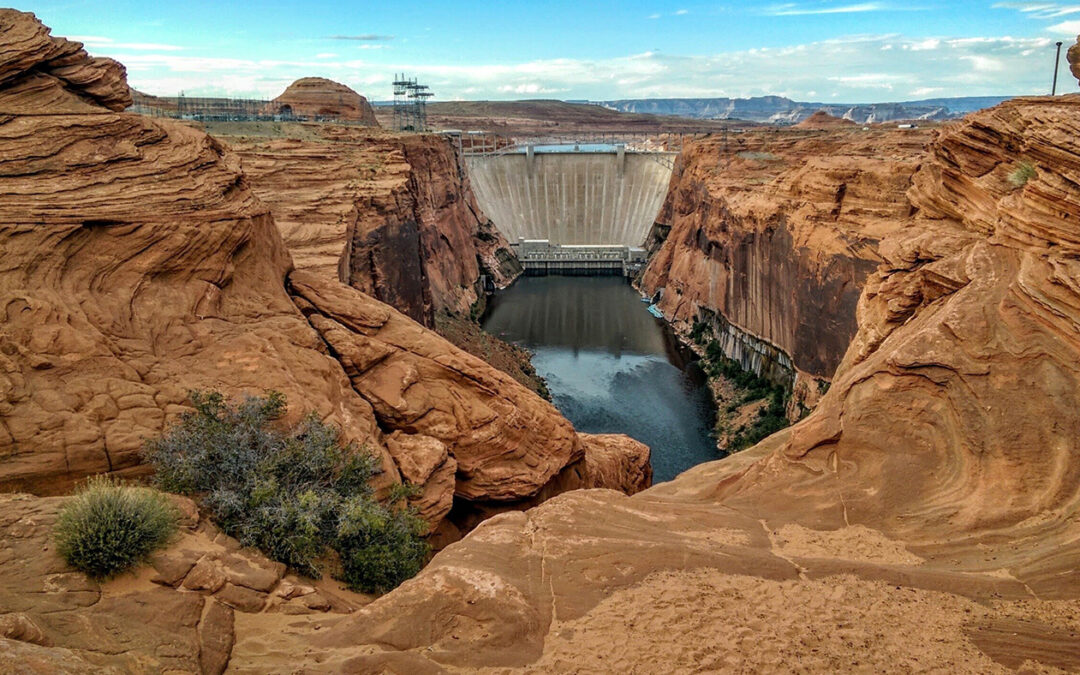
by bartmann | Apr 4, 2024
Attend In Person OR Online The Colorado River starts in a high mountain meadow, flows through forests and canyons, and past tribal nations. The river now generates power and is diverted to farms and cities — and no longer reaches the sea. How did we get here?...
